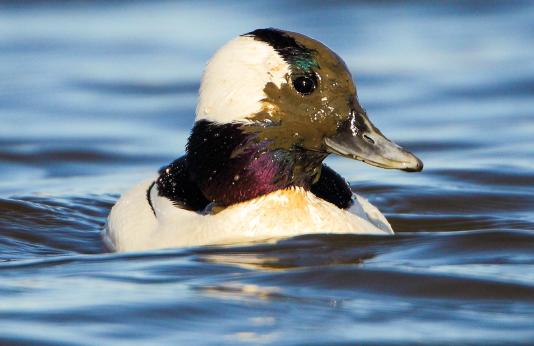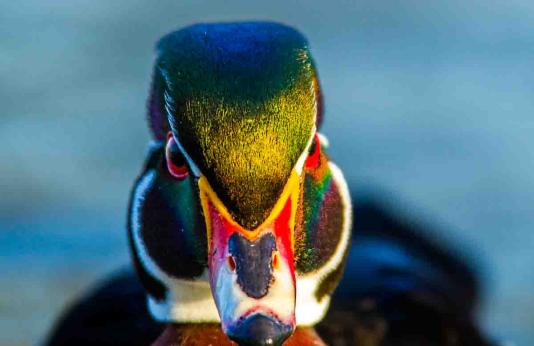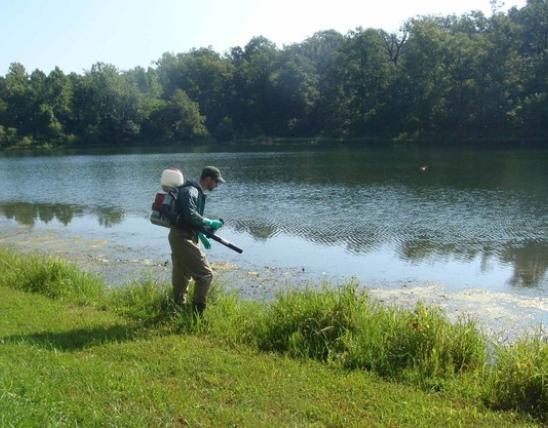Freshwater mussels are cold, wet and clammy. Encased in a hard shell, these animals are as unique as their names: fat pocketbook, pink heel-splitter, fawnfoot and hickorynut.
Missouri has 69 mussel species that are important for healthy rivers, streams and ponds. They provide food for muskrats, raccoons, river otters and some birds. Mussels are filter feeders that clean water as they feed. Each species requires a particular set of water conditions as well as a specific host, usually a fish species to help incubate their young. They lure host fish in by visually mimicking them, or with chemical cues, and then release their young to attach to the fish’s gills. See live action in the video below.
Mussels require clean, undisturbed habitat to survive. Nearly half of Missouri’s mussel species are of conservation concern and provide an early warning for our waterways. Because most mussels stay in a single spot their entire lives, they need stable living conditions. Their most serious threat is river damming, which reduces or removes currents necessary to most species.
Help Mussels:
- Consult Missouri mussel and clam regulations before collecting them.
- You can also help protect our mussels by joining or forming a Missouri Stream Team in your area. Stream Teams are volunteer groups that monitor water quality and report threats to our rivers and streams.
Mussel FYI:
- Freshwater mussels and snails are members of the phylum Mollusca, invertebrate animals with a soft body that is enclosed in a shell.
- Through their gills, mussels filter out small particles from the water and transform them into food for fish and other animals.
- There are nearly 360 species of freshwater mussels in North America with most of these species in the eastern and midwestern United States. Our country’s mussel diversity has caused some biologists to call the U.S. “the rainforest of freshwater mussels.”
- There are more different kinds of freshwater mussels in the United States than on the entire continent of Africa.
Find more on mussels with MDC’s Field Guide.




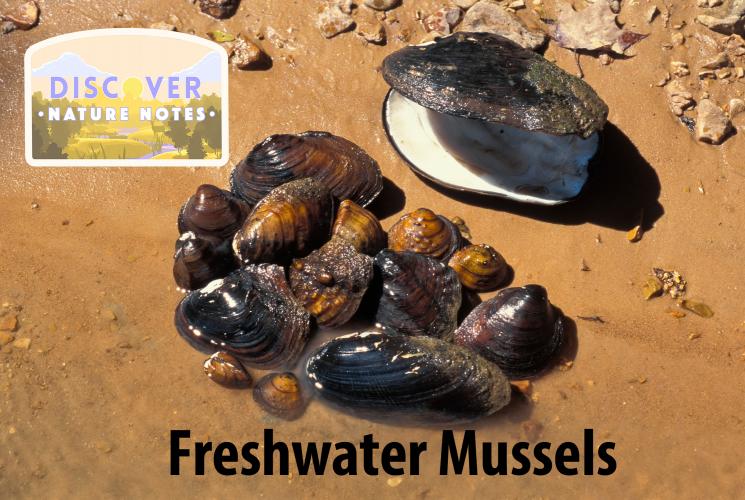




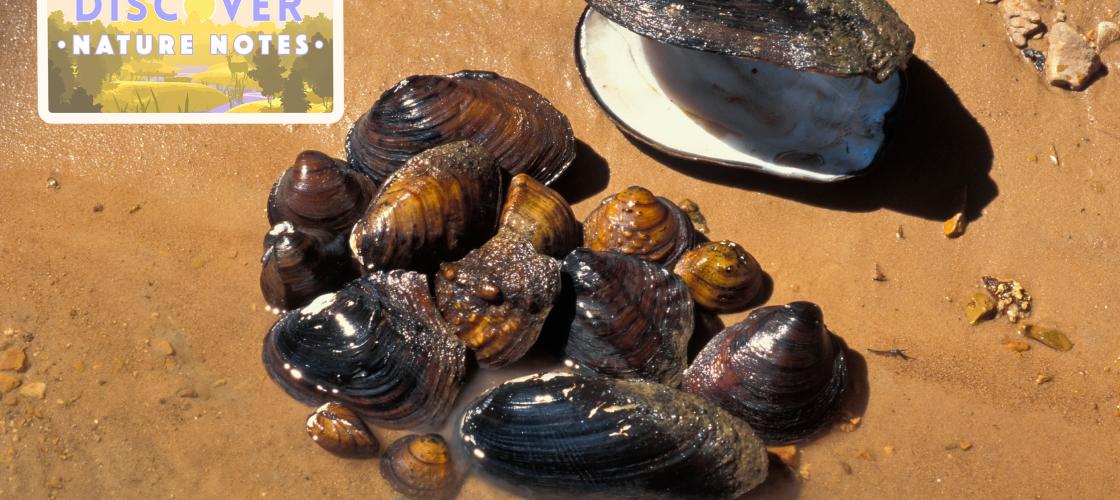
Recent Posts

